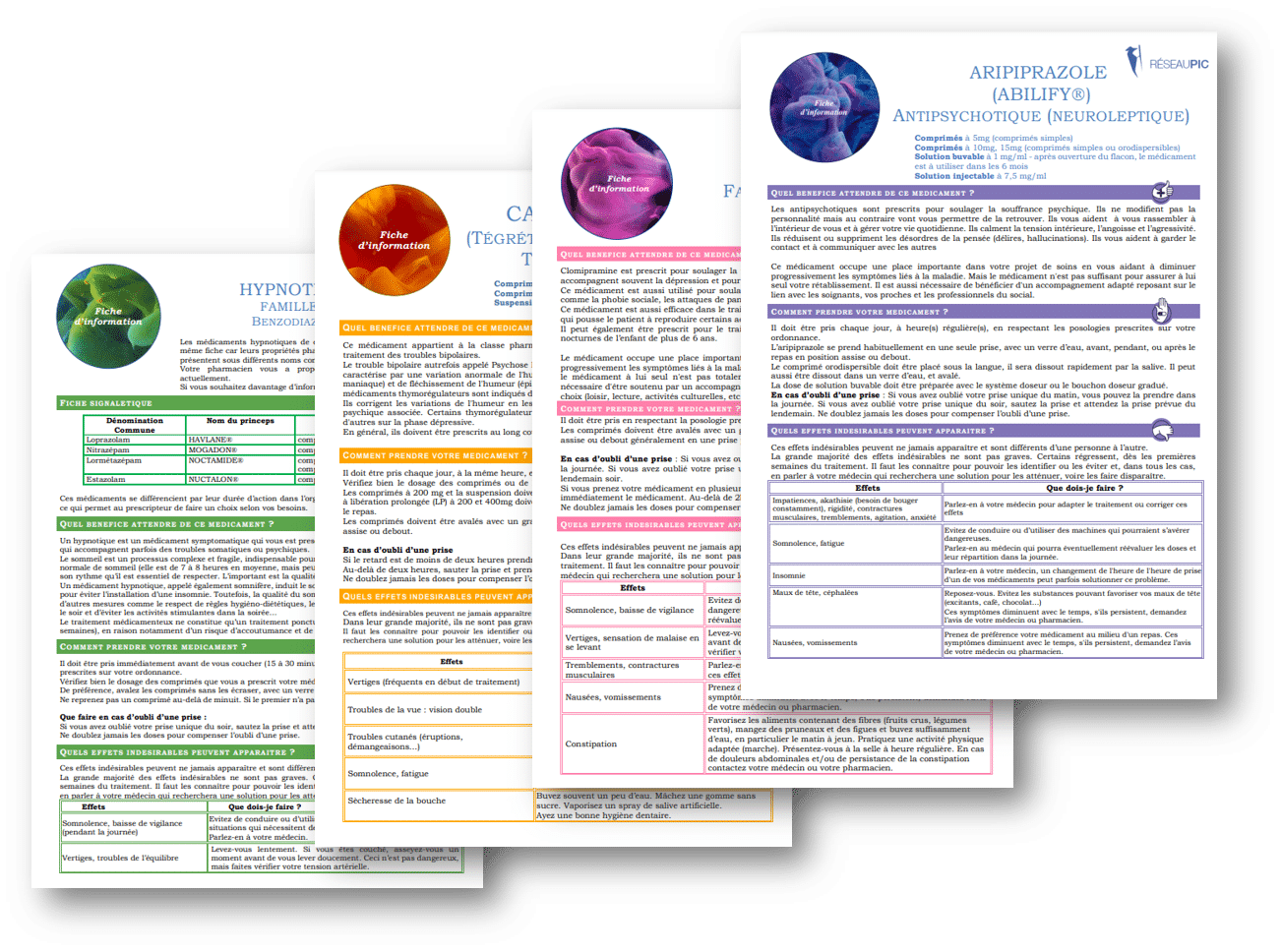There medical prescription aspirin is a common act that deserves special attention, both for its benefits only for his risks. Used to relieve mild pain and reduce inflammation, aspirin, or acetylsalicylic acid, is an integral part of many therapies. However, its use is not free from complications. Indeed, the inhibition of the synthesis of prostaglandins that it causes can lead to a series ofside effects, particularly at the digestive level, and accentuate certain health problems.
It is essential to remember that taking aspirin requires a medical advice prior, especially for people with a history of stomach ulcer, asthma or kidney failure. In addition, at low doses, it can increase the risk of bleeding, which prompts increased vigilance in patients with bleeding disorders or taking other anticoagulant treatments. From this perspective, a thorough understanding of directions, of the contraindications and side effects Aspirin is essential to ensure safe and effective use of this iconic medication.

Aspirin, or acetylsalicylic acid, is a medication widely used for its anti-inflammatory, analgesic and antipyretic properties. Although its effectiveness has been recognized for decades, its use is not without risks. Prescribing aspirin should be carefully considered by healthcare professionals, taking into account patients’ medical history as well as contraindications. Additionally, it is imperative to be aware of the side effects potential that may arise when taking it. This article aims to explore in detail the considerations relating to the prescription of aspirin, with particular emphasis on its side effects.
Understanding the aspirin prescription
Prescribing aspirin requires a prior medical advice, especially with regard to patients with a history of stomach or duodenal ulcers. THE medical history should be carefully considered, particularly in the case of patients suffering from drop, asthma or kidney failure. In these contexts, the use of aspirin should be given increased attention. The mode of action of aspirin is based on the inhibition of prostaglandin synthesis, which can lead to a multitude of undesirable effects, particularly digestive.
In addition, it is important to remember that aspirin increases risk of bleeding, even at very low doses. These risks are increased in patients with bleeding disorders or taking other medications that may affect blood clotting. Care should be tailored according to the specific needs of each patient, ensuring safe use of aspirin.
Another essential aspect in prescribing aspirin concerns its long-term use. A recent study revealed that aspirin should no longer be routinely prescribed for primary prevention for adults without a history of cardiovascular disease. This is due to a risk-benefit ratio that raises questions about its effectiveness in certain clinical situations.
Side effects of aspirin
Aspirin, although effective, can cause various side effects. Among the most common are complications related to the digestive system. Patients may experience symptoms such as nausea, of the vomiting or abdominal pain. Indeed, the inhibition of prostaglandins by aspirin can impair the protection of the gastric mucosa, leading to inflammation or ulcers.
In more extreme cases, gastrointestinal bleeding may occur, representing a serious complication that requires immediate attention. Bleeding can occur in various forms, including blood in the stool or vomiting blood. Patients are advised to report any unusual changes occurring during treatment with aspirin.
Other less common but notable side effects include allergic manifestations. These reactions can produce symptoms such as hives, A edema or asthma attacks. Individuals who have previously had allergies to nonsteroidal anti-inflammatory drugs (NSAIDs) should act with caution, as the risk of an allergic reaction increases.
Finally, an often overlooked side effect of aspirin is its impact on uric acid levels in the body. Acetylsalicylic acid, in high doses, can increase these levels, which can worsen seizures. drop. It is therefore recommended to carefully monitor uric acid levels in patients on prolonged aspirin treatment.
Precautions to take when prescribing aspirin
For safe use of aspirin, several precautions must be taken. First, it is crucial to assess the patient’s medical history. A history of gastric diseases or coagulation disorders constitute major contraindications. Physicians should also be careful about combining aspirin with other drug treatments, especially anticoagulants, which could exacerbate adverse blood effects.
Additionally, it is necessary to inform patients of the warning signs they should watch for during treatment. This includes manifestations such as unusual bleeding, severe abdominal pain and signs of allergy. Adequate education regarding these symptoms can help detect complications early, allowing rapid and appropriate intervention.
Finally, for older patients, caution is advised, as they may be more vulnerable to the side effects of aspirin, particularly regarding clotting disorders and gastric problems. Regular monitoring and medical consultations then become essential to ensure safe care.
In summary, aspirin remains a very useful medication, but its use must be carefully managed. Healthcare professionals are required to evaluate individuals medically and provide them with necessary information about the risks associated with this treatment.

FAQs on medical prescription and side effects of aspirin
What is aspirin and what is it used for? Aspirin is a nonsteroidal anti-inflammatory medication that is often used to relieve pain, reduce fever, and treat inflammation. It can also be prescribed in low doses for its anticoagulant effects.
What are common side effects of aspirin? Side effects may include abdominal pain, nausea, vomiting and stomach bleeding. Other effects may also occur depending on each person’s sensitivity.
Who shouldn’t take aspirin? Aspirin is contraindicated in people with a history ofstomach ulcer, bleeding disorders or allergies to nonsteroidal anti-inflammatory drugs. A medical consultation is necessary before starting treatment.
What precautions should be taken before prescribing aspirin? It is crucial to consult a doctor if you have a history ofulcer, asthma, gout orkidney failure, because aspirin can make these conditions worse.
Can aspirin cause bleeding? Yes, taking aspirin, even at low doses, increases the risk of bleeding, especially in people with bleeding disorders or taking other anticoagulants.
What drug interactions should be considered with aspirin? Aspirin may interact with various medications, including other pain relievers, blood thinners, and some treatments for chronic conditions. It is important to inform the doctor of all medications taken.
Is aspirin safe for long term use? Prolonged use of aspirin requires regular medical monitoring because it can cause serious side effects like gastrointestinal bleeding or ulcers.
Are there alternatives to aspirin? Yes, depending on the condition to be treated, alternatives such as paracetamol or other anti-inflammatories may be considered. Medical advice is necessary to discuss the most appropriate options.












